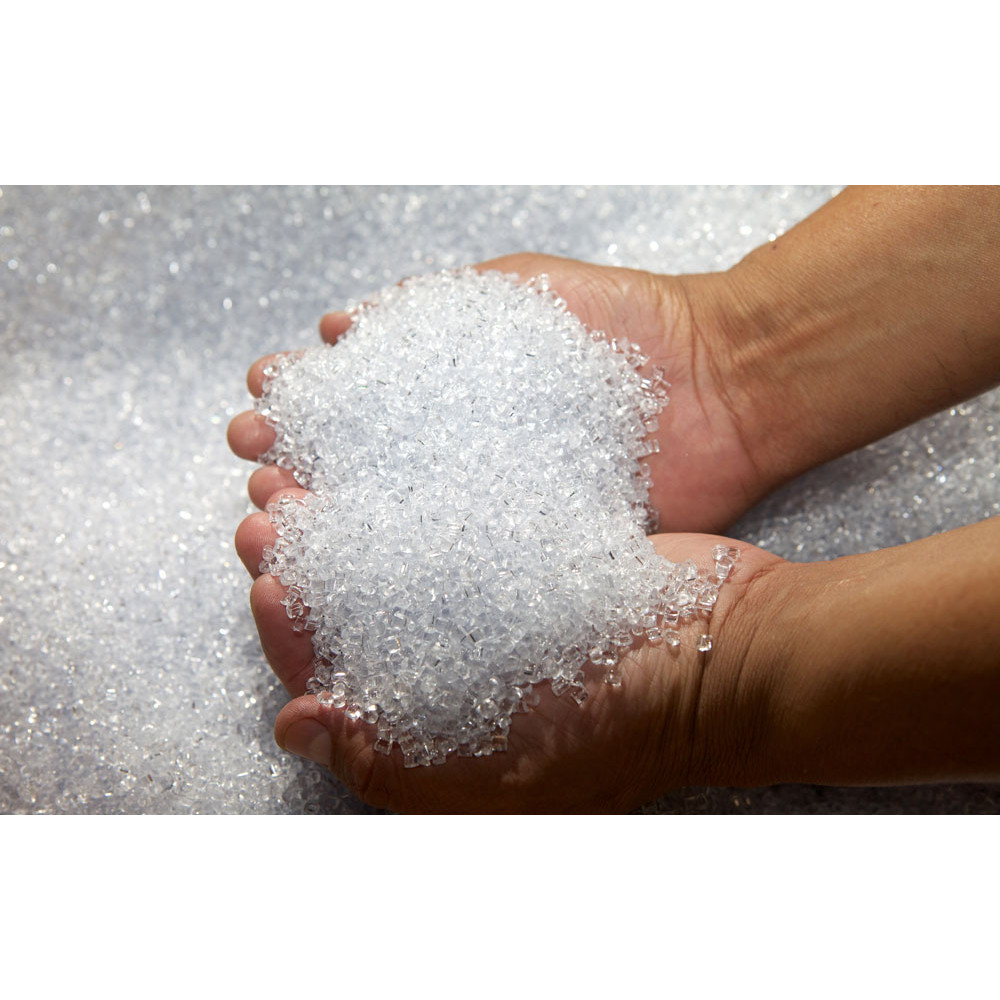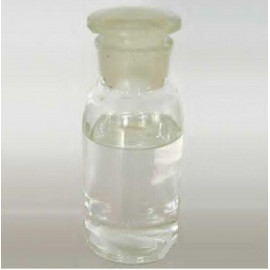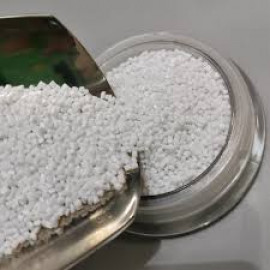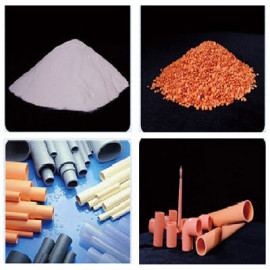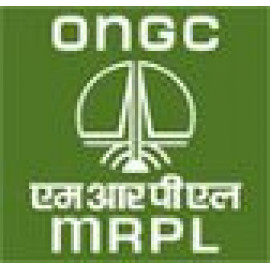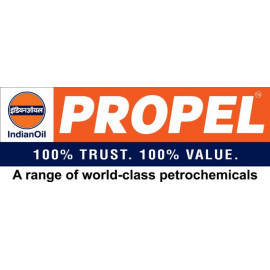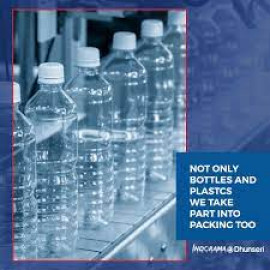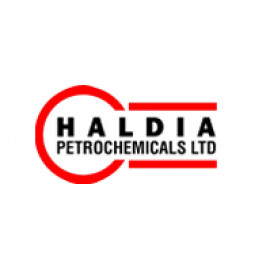PET AS 22CJ
- Adhesives & Ink
- Chemicals
- Coating
- Construction & Infra
- Disposables
- Paints & Coatings
- Pharma Chemicals
- Plastic Products
- Plastic Raw Materials
- Plasticizers & Additives
- Printing & Packagings
- Processed Minerals
- Solvents
- Surfactants
- Wood Pulp
Product Description
Indorama Ventures and Dhunseri Ventures Limited (formerly Dhunseri Petrochem Limited) (Dhunseri), each own a 50% joint venture stake in IVL Dhunseri Petrochem Industries Private Limited (IDPIPL) in India. In December, 2017, Micro Polypet Private Limited (MPPL) has been merged with IDPIPL. Presently, IDPIPL is the second largest PET resin producers in India. It has two PET resin plants in Haldia (port town in West Bengal) with an effective capacity of 4,80,000 TPA and one PET resin plant in District Karnal in the State of Haryana with an effective capacity of 2,16,000 TPA. The joint venture gains advantages from substantial synergies with all the manufacturing sites effectively integrated with third-party PTA suppliers. Their global market reach and high utilization rates supplement Haldia’s location at East India’s largest port.
One in five PET bottles in the world are made from Dhunseri Pet resins. They are the leading global manufacturer of Polyethylene Terephthalate (PET) with 19 PET production plants on four continents in 11 countries
Dhunseri PET resin business is part of their core polyester value chain. The production and sale of PET is primarily used as a raw material in the manufacture of bottles, sheets, films, fibers, filaments and other specialty products.
The company offers PET in different grades to support a variety of our customers’ requirements including hot-fill, high and low intrinsic viscosity, quick heat and general grade, to serve a variety of market applications such as beverage containers and food packaging, packaging of pharmaceutical and household products, and in industrial packaging applications.
As with other polymers, PET is derived from crude oil. The basic raw materials in PET, pure terephthalic acid (PTA) and monoethylene glycol (MEG), are chemically reacted with a small amount of co-monomers via a “polycondensation” process to form a base polymer. The resulting polymer is a polyester that is commonly used to make films and fibers. In the case of PET production, this base polymer undergoes solid stating which crystallizes the polymer to aid processability and toughens the product. The solid stating process also purifies the product by ensuring that all extractable products are removed. This material is then suitable to produce for packaging. However, before being placed on the market, the final PET package has to undergo various migration and extraction tests required by authorities to comply with stringent regulations on food contact materials ensuring their safe use for consumers.

